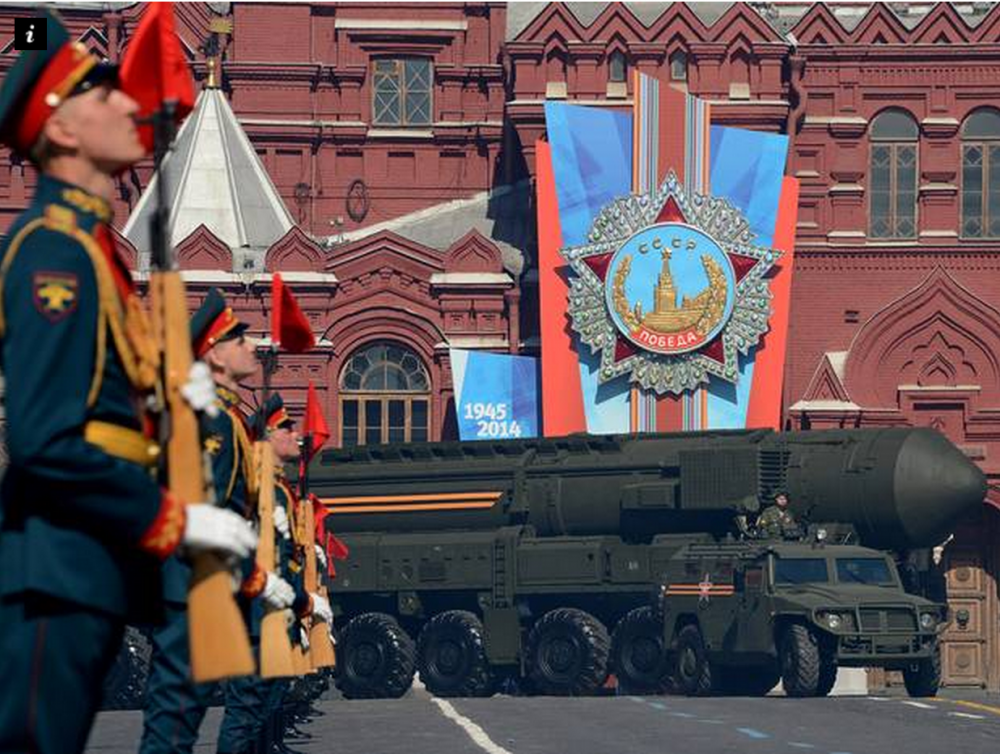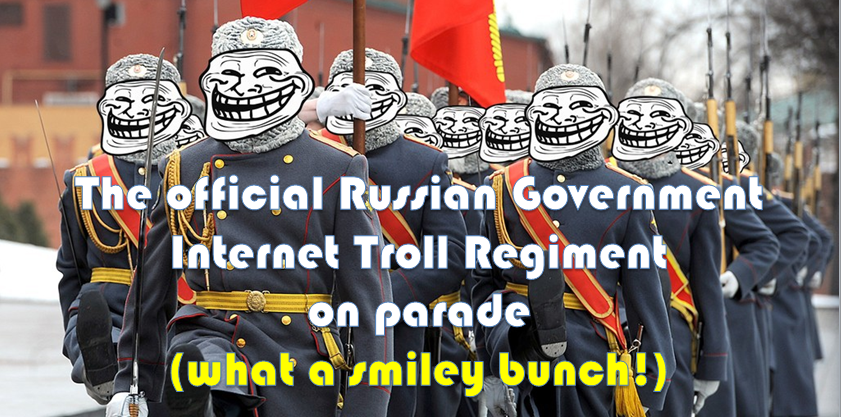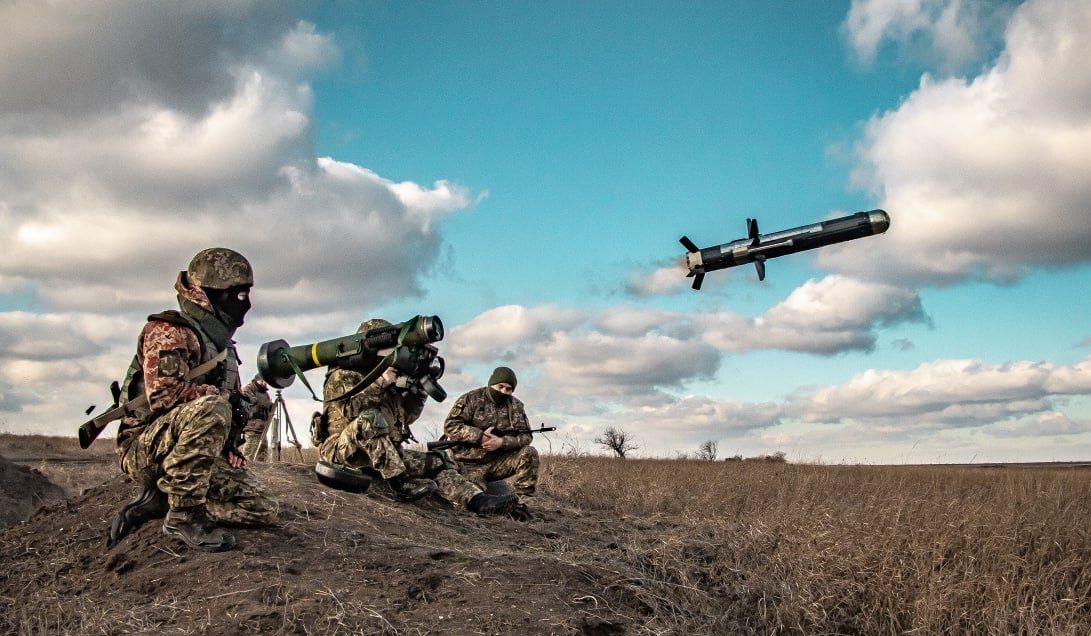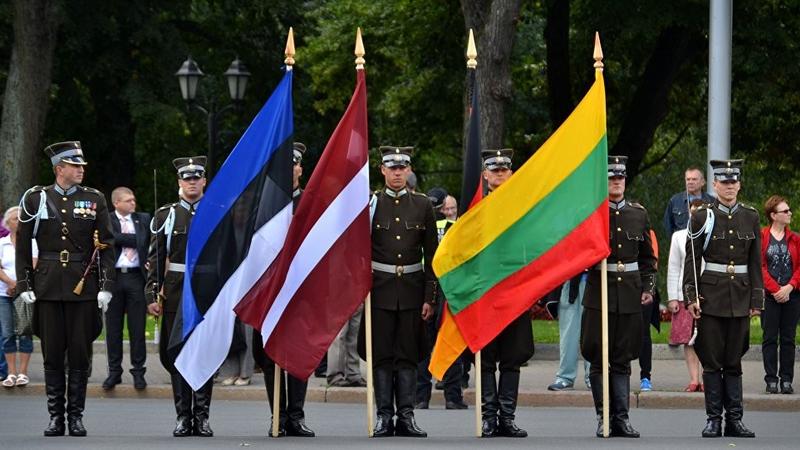People of decency and good will around the world have been horrified by Vladimir Putin’s defense this week of the 1939 Molotov-Ribbentrop Pact which made Hitler and Stalin allies, opened the way to World War II, and allowed the Soviet Union to occupy Estonia, Latvia, Lithuania, portions of Poland and Bessarabia for half a century.
But they should be even more horrified by the fact that some near the Kremlin are once again thinking about “a preventive occupation” of the Baltic countries, a step that, as Kseniya Kirillova points out today, could trigger the collapse of the West or a third world war.
Moreover, and just as in 1939, they should be disturbed by Moscow’s duplicity and cynicism about such a move, one nominally taken in the name of improving Russia’s defense capability but in fact threatened in order to advance Russian imperialism and to disorder and confuse the Western powers.
In her commentary, Kirillova does two things: First, she points to a recent article by Moscow commentator Rostislav Ishchenko calling for a “preventive” strike against the Baltic littoral in order to block what he sees as a threat from NATO; and second, she interviews former RISI analyst Aleksandr Sytin on why Ishchenko’s words are more than the ravings of one man.
According to Ishechenko, Moscow has a compelling interest in a preventive occupation of at least portions of the Baltic countries in order to counter NATO
, an interest he says exists even if there is no such threat, because such a move would allow for “the preservation of the line of ‘the virtual front’”.
Specifically, he writes, “a preventive strike with the goal of liquidating the Baltic place des armes could become necessary from a military point of view not because someone might expect an attack from this direction but in order to preserve the line of the front (even virtual), to extend a land corridor to the blockaded group of forces in Kaliningrad, and to free up forces for actions in other, more important directions.”
Not taking such actions in a timely manner – and Ishchenko helpfully provides a map showing just what Russian forces should seek to seize – could, he suggests, prove “fatal in the indefinite situation” the world now finds itself in. Indeed, he argues, “the rapid [Russian] occupation of the Baltics could become the best choice” among those available.
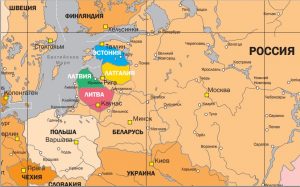
Ishchenko suggests, as Kirillova puts it, that “the main goal of this operation would be not ‘the defense’ of [Russia’s] borders from imagined enemies but the occasion for the beginning of a trade with Europe about the shift of borders and spheres of influence in which of course the sovereignty of other countries and the will of the peoples living in them are not and cannot be taken into consideration.”
As Ishchenko puts it, “a lightning-like occupation of the Baltics would put the European Union in a situation when the restoration of the status quo could be achieved only by means of negotiations.” That is because Paris and Berlin could not “fight” for the Baltic countries if they no longer existed.
It would be comforting to think that Ishchenko’s article is simply one more example of the absurdities that often surface in countries during times of stress, and undoubtedly many people in the EU and the US will dismiss his notions as nothing more than that. But to do so would be a serious mistake.
Aleksandr Sytin, a former analyst for Russia’s SVR intelligence service and more recently for the now infamous Russian Institute for Strategic Research, argues that Ishchenko is speaking for more than himself and that his article is intended simultaneously to test the waters of public opinion and expand the limits of what people consider permissible.
He told Kirillova that Sytin now works closely with Russia Today and other Kremlin media outlets and that he and others so connected put out ideas Moscow wants to see spread through the population so that the regime can act nominally in the name of “’the will of the people’” even though the source of the ideas is the Kremlin itself.
According to Sytin, “Ishchenko’s declarations entirely and completely reflect the foreign policy course of present-day Russia and in particular its striving to become a world center of power and to restore the configuration of the world as it was in 1945, and also to ‘save’ the peoples at a minimum of Eastern Europe and ideally all European peoples from the ‘pernicious influence’ of the US by using the existing contradictions between them and the EU’s weakness.”
Sytin said that, despite proposals like Ishchenko’s, he is certain that the Kremlin does not really want to get into a military confrontation with Europe and NATO. Instead, it hopes for a compromise, one in which the West will make even more concessions to Moscow in order to avoid such a conflict.
“The more quickly the West recognizes that the era of a ‘good’ agreeable Russia is now in the past the better,” Sytin argued, and he insisted that “the Kremlin’s current aggressiveness is creating a danger much greater than that which came from ‘the evil empire’ operating under the name USSR.”

